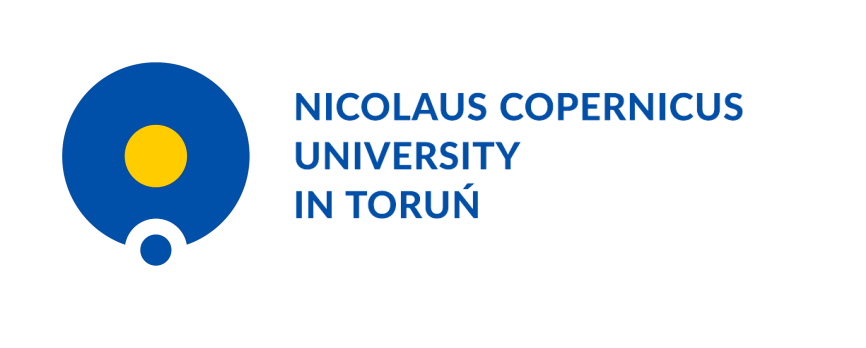Microbiology, Soil science, Food quality and Agricultural genetics (OBSIDIAN)
Team leader – prof. dr hab. Katarzyna Hrynkiewicz
The main aim of the research priority area “Microbiology, Soil sciences, Food quality and agricultural genetics” is to gain knowledge about the complex relationships between the soil environment, microorganisms, and plants which are responsible for food production and food quality.
Research activities are focused around:
- understanding the biodiversity of soil microorganisms and the impact of negative abiotic factors caused by changing climate or anthropogenic activities;
- plant-associated microorganisms (e.g. rhizospheric and endophytic) that can significantly stimulate the growth of crops and increase their tolerance to adverse environmental conditions (e.g. drought, high soil salinity, nutrient deficiency);
- understanding the genetic basis of interactions between plants and endophytes and their phenotypic plasticity;
- improving the technologies used in food production. As a result of the conducted scientific research, new and unique bio-products will be developed, which will then be used in modern agriculture and new technologies applied in food production.
The research field is an interdisciplinary project bringing together scientists from three Faculties of the Nicolaus Copernicus University: Faculty of Biological and Veterinary Sciences (Department of Microbiology, Department of Genetics, Department of Plant Physiology and Biotechnology), Faculty of Chemistry (Department of Analytical Chemistry and Applied Spectroscopy) and Faculty of Earth Sciences and Spatial Management (Department of Soil Science and Landscape Management). Priority research activities engage the following areas of science: microbiology, agricultural engineering, plant science and plant physiology, food science and food technology, and soil science. The scientific motivation of this interdisciplinary team is the broadly understood international cooperation and training of young staff open to working in scientific institutions and the private sector.
Prof. dr hab. Katarzyna Hrynkiewicz – head of the Department of Microbiology at the Faculty of Biological and Veterinary Sciences, Nicolaus Copernicus University. The main research interests of Prof. Hrynkiewicz focus on molecular analysis of mycorrhizal structures, the application of microorganisms in soil phytemediation processes and the use of endophytic microorganisms in promoting the growth of cultivated plants. Between 2002-2004, she completed a two-year postdoctoral internship (Marie Curie Fellowship) at the Institute of Soil Science and Plant Nutrition (University of Rostock, Germany) during which she participated in the project “Molecular and biological characterization of ectomycorrhizal strains for phytoremediation“. She was awarded the degree of doctor habilitated for her thesis entitled “The significance and performance of microorganisms associated with the rhizosphere of willows (Salix spp.) in unfavourable soil conditions.” in 2010. She has been collaborating for many years with foreign research centres from Germany, Sweden and Denmark, e.g. the University of Tübingen, the University of Rostock, Leibniz-Institute of Vegetable and Ornamental Crop, the Swedish University of Agricultural Sciences where she did numerous scientific internships, e.g. DAAD, STSM. Prof. Hrynkiewicz was the coordinator of the EU funded grant (Marie Curie Reintegration Grant), the leader of eight grants funded by the Ministry of Science and Higher Education and the National Science Centre. She was a scientific supervisor of two PRELUDIUM grants and a contractor in numerous projects implemented, among others, as part of international collaboration (e.g. ERA-NET, COST). Between 2015-2019, she was the contractor in the project “Boosting plant-Endophyte STability, compatibility and Performance Across ScaleS – BestPass” funded under the HORIZON2020 project and the coordinator of the international research team WP1: Endophyte-plant compatibility. Prof. K. Hrynkiewicz cooperates with foreign companies producing biopreparations. She has been the Director of the Doctoral School “Academia Copernicana” since 2019.


 ul. Gagarina 7, 87-100 Toruń
ul. Gagarina 7, 87-100 Toruń